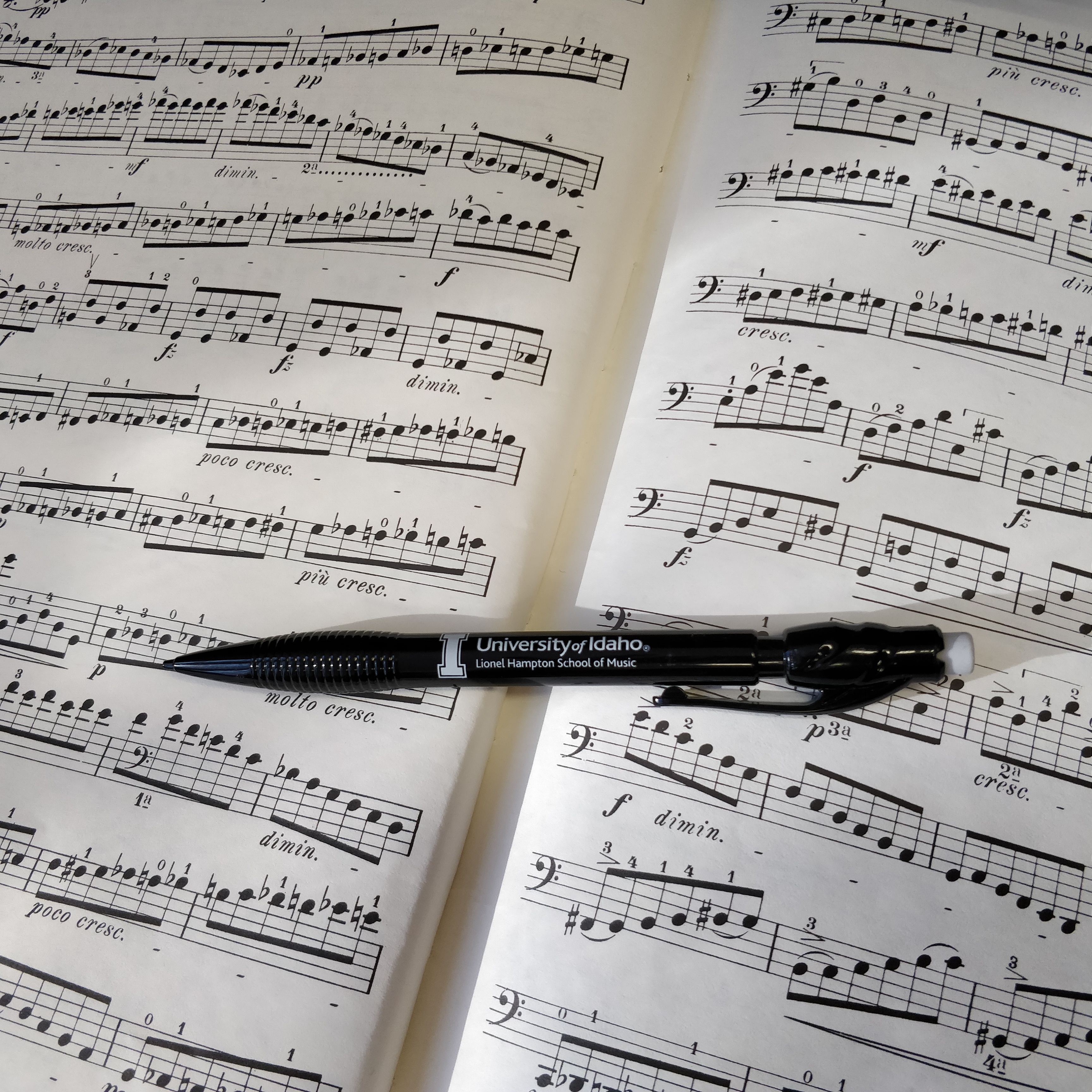When I was a teenager, I studied with a teacher whose idea of fun was giving me a minimum of three etudes a week, which she expected me to learn and memorize. Sebastian Lee, J. J. F. Dotzauer, Friedrich Gruetzmacher, Louis Feuillard, Bernhard Cossman, Joseph Merk, Adrien Servais… we did them all. Every teacher I had after that was similarly obsessed with etudes.
I groused and moaned plenty about this, but ultimately I was glad that thanks to their insistence, I’d managed to learn all of the Duport 21 Etudes, the Popper High School of Cello Playing, Piatti’s 12 Caprices under the supervision of a teacher.
And what a gift they are. Now that I’m the teacher responsible for tormenting students with etudes, I’m so, so grateful for the preparation these wonderful pieces gave me. The best etudes don’t just put you through your paces in every possible way you might be expected to execute a certain technique, they also teach you something about harmonies, structures, and patterns.
For example, the way Feuillard teaches thumb position arpeggios makes perfect harmonic sense at the same time as it trains your thumb and hand shaping in the upper register. Dear Monsieur Feuillard, thank you!

Alfredo Piatti, for his part, knew how to teach us to be in tune in the slightly problematic key of B-flat major while increasing our virtuosity so that we could play all the great cello concertos. Thank you, Signor Piatti!

David Popper understood exactly what his students were going to need for their auditions and composed his High School in such a way that if you master all the techniques in it, you can play all the great orchestral literature of the time, as well as the solo literature. I love #19 so much — the “Lohengrin” etude that he wrote to help cellists with a certain problematic section in the Wagner opera.

Even Dotzauer, who gets a little less praise showered on him by history than the others, is such a great teacher. I didn’t realize until relatively recently that he’d made an edition of the Bach suites — one of the earliest 19th-century editions — and that it’s much more careful, restrained, and faithful to the available sources than the great majority of editions from that era. And his etudes are great too — he just knows all the things we’re going to screw up, and discreetly writes an etude to get us through. I sometimes look at his compositions and almost feel as if I know him personally. I know this sounds sentimental or even fanciful, but when I play his etudes I’m sure he was a person of thoughtfulness, care, and precision.

So I’m not even sorry that I’m one of those teachers that’s addicted to the etude-book. Just think — if we master the Duport etudes, we master every skill we need for playing Beethoven’s cello, chamber, and orchestral music. Piatti and Popper help us master the entire virtuoso classical and romantic literature — whether for solo cello, chamber music, or orchestral parts. Dotzauer and Feuillard take care of everything we might be getting wrong. They’re all wonderful. Play some etudes today!


Terrific post!
Mum
LikeLike
Wow, memorize 3 etudes a week?! I need to be more demanding of my students! How do you get your students to embrace the use of etude studies to improve their playing. It seems they lack the enthusiasm that we had for them.
LikeLike
I think if we look at the etude composers as, well, composers (as opposed to tormentors!) and treat etudes as good music, which so many of them are, we can set up the expectation that they are wonderful teachers and helpers.
LikeLike